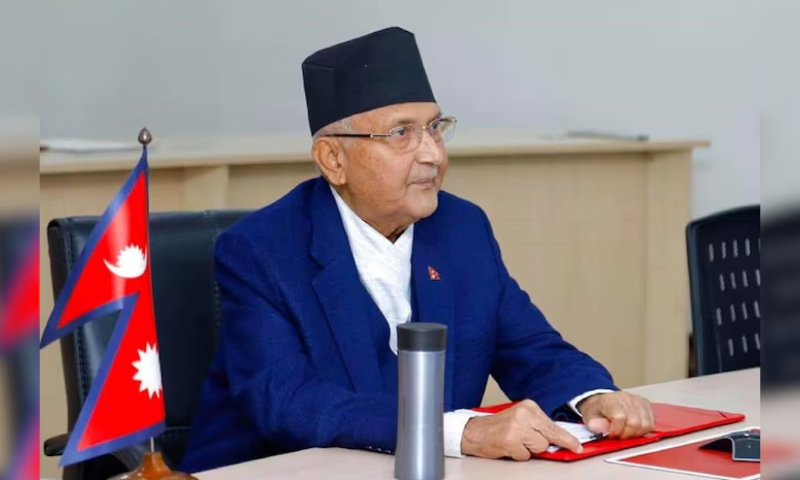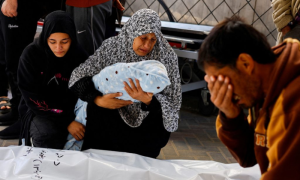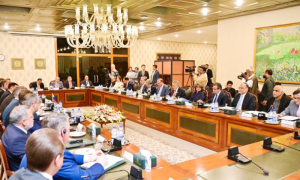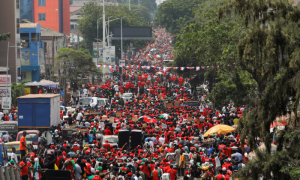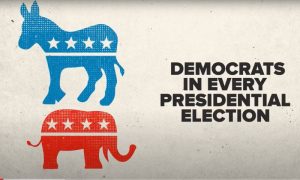KATHMANDU: Nepal’s President Ram Chandra Poudel has appointed Khadga Prasad Sharma Oli as the country’s new prime minister for a fourth term, following the formation of a coalition government between his Communist Party of Nepal- Unified Marxist Leninist (CPN-UML) and the centre-left Nepali Congress.
The appointment was confirmed by Kiran Pokharel, press adviser to President Poudel, who stated, “President Poudel has appointed KP Sharma Oli as the new prime minister of Nepal.”
Oli, aged 72, previously served as prime minister from 2015 to 2016, again from 2018 to 2020, and briefly in 2021 amidst Nepal’s often turbulent political landscape. He is set to be sworn into office on Monday, according to Pokharel.
His return to power follows the ousting of his predecessor, Pushpa Kamal Dahal, also known as Prachanda, who lost a vote of confidence on Friday after his coalition government failed to secure majority support in parliament. Oli’s CPN-UML withdrew its support from the coalition, leading to Dahal’s resignation.
In a strategic move to stabilize government affairs, Oli forged a new coalition agreement with Sher Bahadur Deuba of the Nepali Congress. As part of the arrangement, Oli has pledged to hand over the prime ministerial position to Deuba, a five-time former prime minister, later in the parliamentary term.
Nepal, a federal republic since 2008 following a decade-long civil war and subsequent peace deal, has witnessed a series of leadership changes and coalition formations that reflect ongoing political challenges. The country’s next general elections are scheduled for 2027.
Oli’s leadership has navigated Nepal’s delicate geopolitical position between India and China, seeking to maintain cordial relations with both while leaning towards Beijing to reduce dependency on New Delhi. His tenure has also been marked by efforts to manage Nepal’s economic struggles exacerbated by the COVID-19 pandemic, which severely impacted tourism and remittance inflows, critical components of Nepal’s economy.
Critics and observers have noted Nepal’s political instability and frequent changes in leadership, which have at times strained governance and public confidence in the government’s ability to address pressing national issues effectively.









